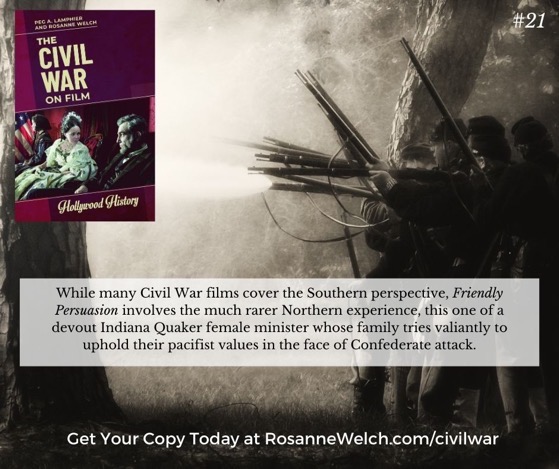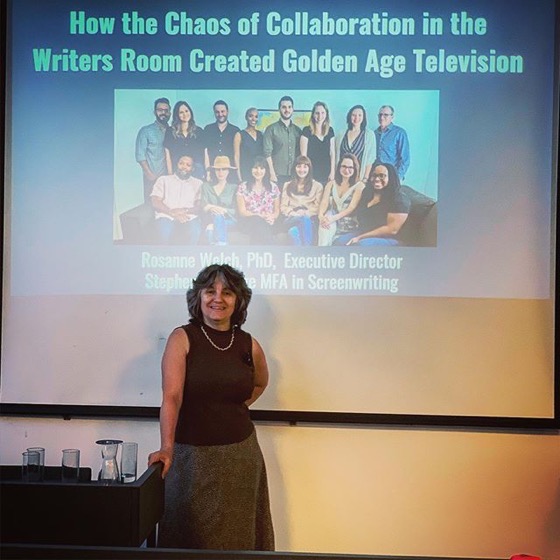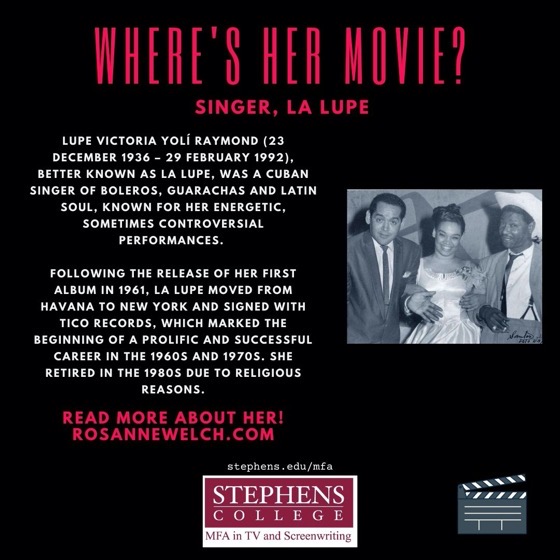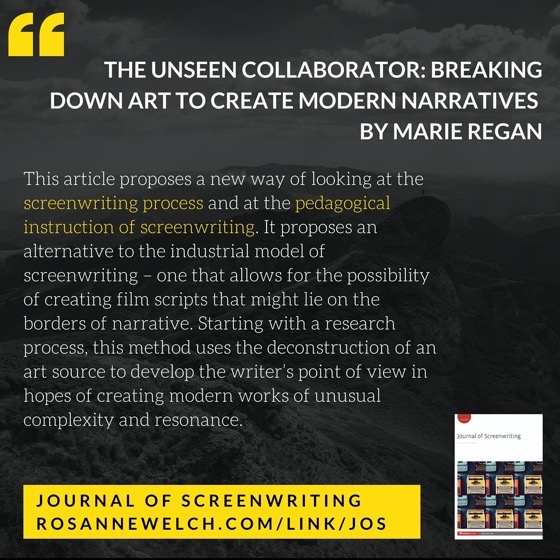Highlighting the articles in the past editions of the Journal of Screenwriting, of which I am the Book Reviews Editor. Hopefully these abstracts will entice you to did a little deeper into the history and future of screenwriting. — Rosanne
expensive words, cheap images: ‘Scripting’ the adapted screenplay by Alex Munt
This article explores ‘scripting’ the adapted screenplay for budget film models, including microbudget features, DIY film-making and creative practice-led research. It highlights the lack of attention given to the adapted screenplay in the field of adaptation studies, and works with notions of intermediality, and transmediality, to privilege the screenplay as the primary site for creative interaction in the adaptation process. In the context of small-scale, budget film-making practices the focus is towards modes of scripting that rely on working with images, both as part of the screenplay form/format and more directly, in ‘writing’ with moving images, with the screenplay situated within production. This article argues that in consideration of the adapted screenplay, for budget film-making, the relationship between words and images is realigned. The impact of digital media culture together with the advance of digital film-making will accelerate this. Two case studies are presented. The first is Mala No he (1985), the debut feature film of Gus Van Sant, based on the novella by Walt Curtis. The second is LBF (2011), the author’s own debut feature film, based on the novel Living Between Fucks (2006) by Cry Bloxsome. This article aims to engage screenwriting researchers, independent/budget film-makers and creative arts practitioners.


The Journal of Screenwriting is an international double-blind peer-reviewed journal that is published three times a year. The journal highlights current academic and professional thinking about the screenplay and intends to promote, stimulate and bring together current research and contemporary debates around the screenplay whilst encouraging groundbreaking research in an international arena. The journal is discursive, critical, rigorous and engages with issues in a dynamic and developing field, linking academic theory to screenwriting practice.
Get your copy and subscription to the Journal of Screenwriting Today!
* A portion of each sale from Amazon.com directly supports our blogs
** Many of these books may be available from your local library. Check it out!

![02 Words Matter. Writers Matter. Women Writers Matter from How The Chaos Of Collaboration in the Writers Room Created Golden Age Television [Video]](https://rosannewelch.com/wp-content/uploads/2021/03/srn-porto-02.jpg)







![01 Introduction from How The Chaos Of Collaboration in the Writers Room Created Golden Age Television [Video]](https://rosannewelch.com/wp-content/uploads/2021/02/SRN-2019-Portugal-.jpg)


